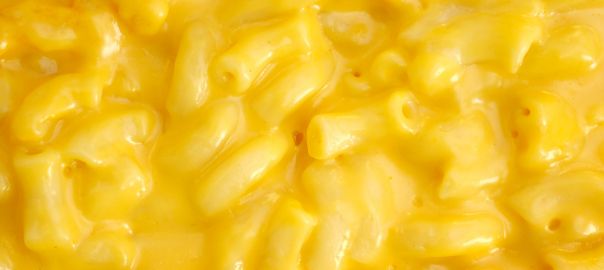 |
| photo by alvimann |
I gave a lecture today. It was entitled “The Poison Pantry.” The location where the lecture was held offers a beverage service of coffee and water. Having been there before I knew that they also use polystyrene cups. Most people refer to them as styrofoam however according to Dow Chemical, the trademark owner of Styrofoam, they do not make cups, plates, take-out containers or any other food product from styrofoam. However you refer to them, as styrofoam or polystyrene, I do not like these cups.
To the best of my knowledge polystyrene does not break down in the landfill. It is recyclable but I am not aware of recycle efforts specifically directed toward them, most people I know just throw them in the trash. However there are other factors to take into account when choosing beverage cups.
One study, published in March 2009, found that there was migration “above the EPA recommended level.” (Khaksar and Ghazi-Khansari, 2009). The study found that higher levels of fats and/or heat caused more migration, or breakdown, of the polystyrene which was then consumed along with the beverage.
Another study from Purdue University found that styrene was “hepatoxic and pneumotoxic in mice, in addition to causing lung tumors.” (Harvilchuck and Carlson, 2009) Although the study states that human studies are inconclusive I accept that since most rodent studies are a good indicator of human health conditions, using styrene containers is not a good idea.
But I digress…I had a lecture and I needed cups. I went to the store to get some and discovered, to my utter surprise, that there weren't any. Thinking that this was a fluke I went to another store. Same thing, no non-styrene hot cups. At the third store I asked for help and the clerk was just as surprised as I was to find that they didn't have any either. Now I could have brought regular mugs from home with me however it didn't seem very professional, I didn't want to take the risk of breaking them during transport, and if folks wanted to take their beverage with them after the lecture I couldn't very well let them do so if it was my mug. So I went to Starbucks and asked if I could buy a sleeve of cups. Bless them, they said yes. I told them what happened and promised them free publicity; telling them I would share the story with my lecture attendees.
I have cups left over for future lectures but I can see that unless I want to give Starbucks endless free publicity while paying for their cups I need to find another source. Thinking about this issue also made me realize that the clamshells that most restaurants use for take-home are styrene. I think I'm going to get into the habit of either bringing my own container or at least bringing some foil to line the container with to limit exposure.


